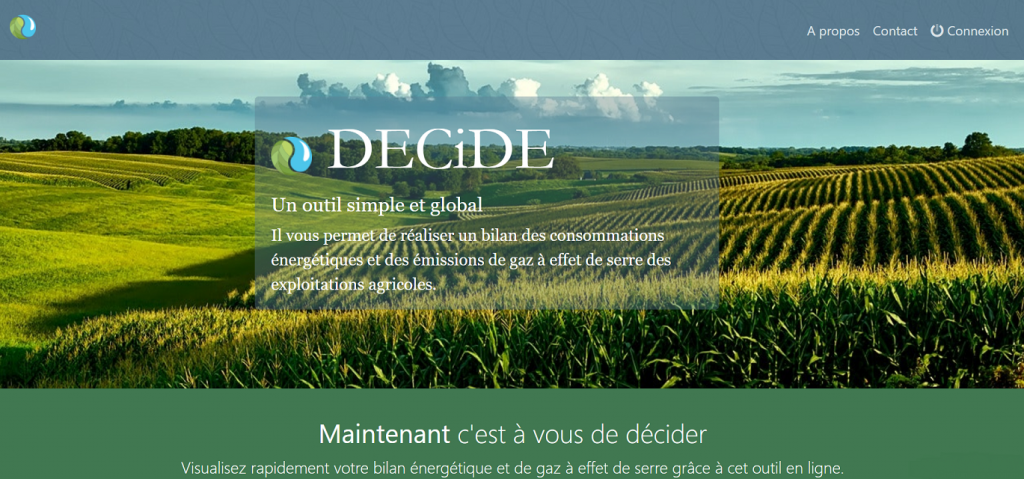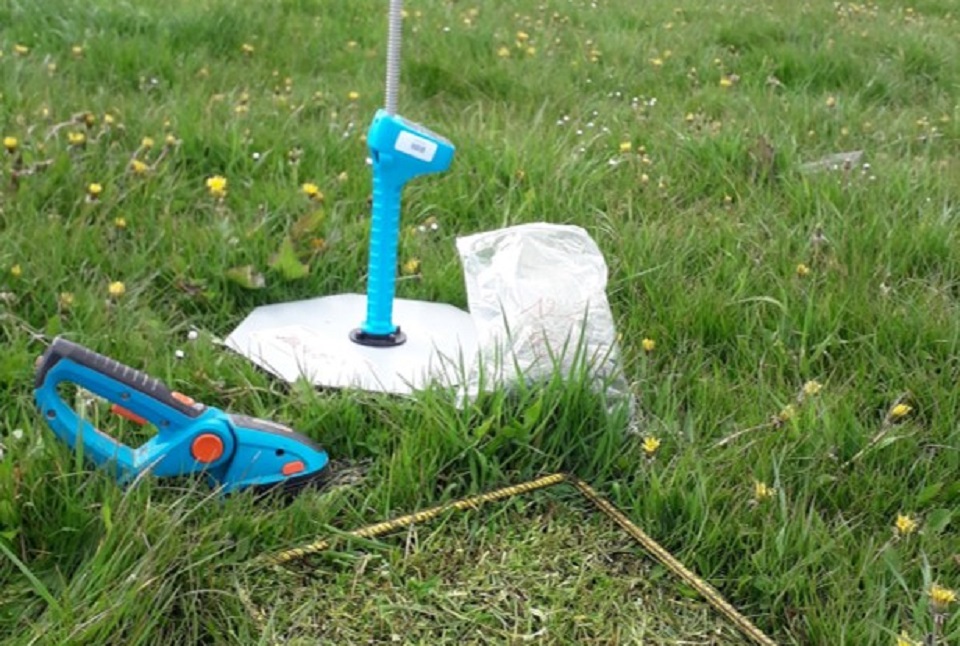Finding the optimum balance proves to be a real challenge for farmers who must, above all, position their practices with regard to these three dimensions. The DECiDE tool aims to help them in the future.
DECiDE 2.0 was launched in 2020 and is now fully operational. Its purpose is to assess the greenhouse gas and ammonia emissions and the energy use of farms that produce beef, milk, and field crops, shortly to be extended to pig meat, poultry and eggs. This is an initial step that enables farmers, in collaboration with their advisors, to implement strategies to limit their environmental impact.
However, the impact of agricultural practices on the environment is not limited to these emissions. The enthusiasm for more agro-ecological practices in the future will reinforce the role of agriculture in regenerating resources, deploying biodiversity, and improving water, soil and air quality while maintaining its role as a food provider. In order to objectify the diversity of performance of our agriculture and support its most virtuous practices, the CRA-W has been tasked, as part of the Wallonia Recovery Plan, with broadening the development of the DECiDE tool (DECiDE+ project, 2022-2024) by providing new environmental indicators (e.g. Nitrogen balance, ecotoxicity, agricultural network for biodiversity) and technical indicators (e.g. autonomy, production of one animal per day of life).
However, good environmental practice is not enough to ensure the sustainability of farms, which must also be economically viable and socially acceptable. This is why DECiDE is aiming to incorporate economic and social indicators to assess the overall sustainability of farms, together with the compromises to be made in order to optimise sustainability in its three dimensions. This therefore involves developing a global sustainability assessment tool, constructed in conjunction with the industry to meet its specific demands and incremented dynamically according to advances in research. To promote its use, the CRA-W will regularly offer training targeted at agricultural advisors as and when new versions of DECiDE are released, and will set up a unique portal to help users complete their audits.











